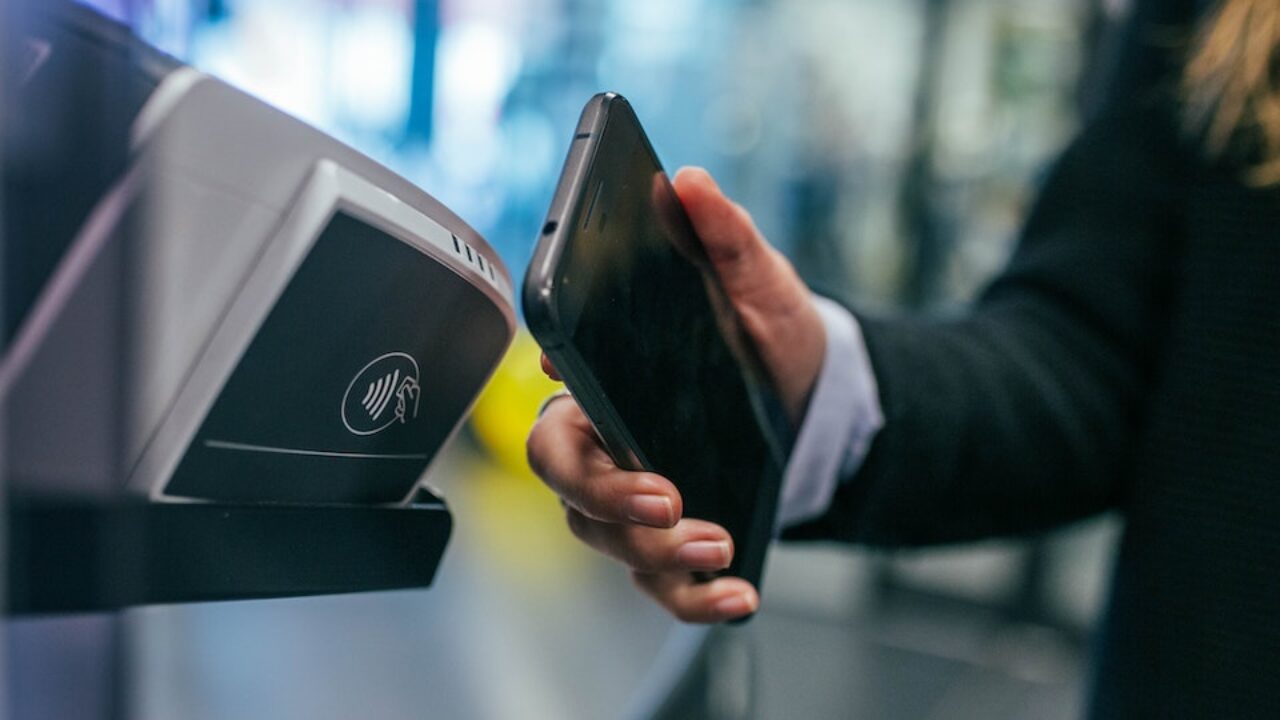The Future of Payment Processing: Trends to Watch in 2023 and Beyond

Introduction
The payment processing landscape is evolving rapidly, with new technologies and innovations emerging at a breakneck pace. As a small business owner, staying ahead of the curve and understanding these changes is essential to keep your business competitive and meet the changing needs of your customers. In this blog post, we'll explore some of the most prominent trends in payment processing for 2023 and beyond, so you can be prepared to adapt and thrive in this ever-changing industry.
-
The Rise of Mobile Payments
The convenience and ubiquity of smartphones have led to an increasing shift towards mobile payments. These allow customers to make purchases using their mobile devices through digital wallets, contactless payment apps, or other mobile-based solutions. As more consumers become comfortable with using their phones for transactions, businesses must ensure that they have the necessary infrastructure to accept mobile payments seamlessly.
To stay competitive, consider integrating mobile payment options into your existing point-of-sale (POS) system or partnering with a payment processor that specializes in mobile payments. Additionally, make sure your staff is trained on how to handle mobile transactions to provide a smooth experience for your customers.
-
Contactless Payments and Near-Field Communication (NFC)
The global pandemic has accelerated the adoption of contactless payments, with customers increasingly looking for safer, more hygienic ways to complete transactions. Contactless payments use NFC technology, allowing customers to make purchases by simply tapping their card or mobile device on a compatible terminal.
The demand for contactless payments is expected to continue growing, so make sure your business is ready to accommodate this trend. If you haven't already, invest in an NFC-enabled POS terminal to accept contactless payments from both cards and mobile devices.
-
Biometric Authentication
As concerns about security and fraud continue to grow, biometric authentication is becoming an increasingly popular method of verifying customers' identities during transactions. This technology uses unique physical characteristics, such as fingerprints or facial recognition, to confirm a user's identity and authorize payments.
In the coming years, more payment processors and financial institutions are likely to adopt biometric authentication as a standard security measure. To stay ahead of this trend, consider partnering with a payment processor that offers biometric authentication options, and keep an eye out for emerging biometric technologies that may be applicable to your business.
-
Cryptocurrency Payments
Cryptocurrencies like Bitcoin, Ethereum, and others have gained considerable attention in recent years. As more consumers and businesses embrace these digital currencies, it's becoming increasingly important for businesses to accept them as a form of payment.
While cryptocurrency payments are not yet mainstream, their growing popularity may make them a significant factor in the future of payment processing. To be prepared for this potential shift, research the various cryptocurrencies and their associated payment platforms, and consider partnering with a payment processor that supports cryptocurrency transactions.
-
Artificial Intelligence (AI) and Machine Learning
AI and machine learning are revolutionizing many industries, and payment processing is no exception. These technologies are being used to improve fraud detection, streamline transaction processing, and enhance the customer experience.
By leveraging AI and machine learning, payment processors can analyze large volumes of data to identify patterns and trends that can help detect fraudulent activities and reduce false declines. This not only improves security but also helps businesses save money by reducing chargebacks and fees associated with fraudulent transactions.
-
Cross-Border Payments
As more businesses expand globally, the need for efficient cross-border payment solutions is growing. Traditional international payment methods can be slow and expensive, but innovative technologies are emerging to make cross-border transactions faster and more cost-effective.
To take advantage of these advancements, look for payment processors that specialize in international transactions and offer competitive exchange rates and fees. Additionally, familiarize yourself with local payment preferences in the markets
Conclusion
In conclusion, the payment processing industry is constantly evolving to meet the ever-changing needs of businesses and consumers. By staying informed about emerging trends like mobile payments, contactless transactions, biometric authentication, cryptocurrency, AI and machine learning, and cross-border payments, you can ensure that your business is prepared to adapt and thrive in the competitive landscape. Embracing these innovations and partnering with a forward-thinking payment processor can help you provide a seamless, secure, and convenient payment experience for your customers, setting your business up for success in the future.



